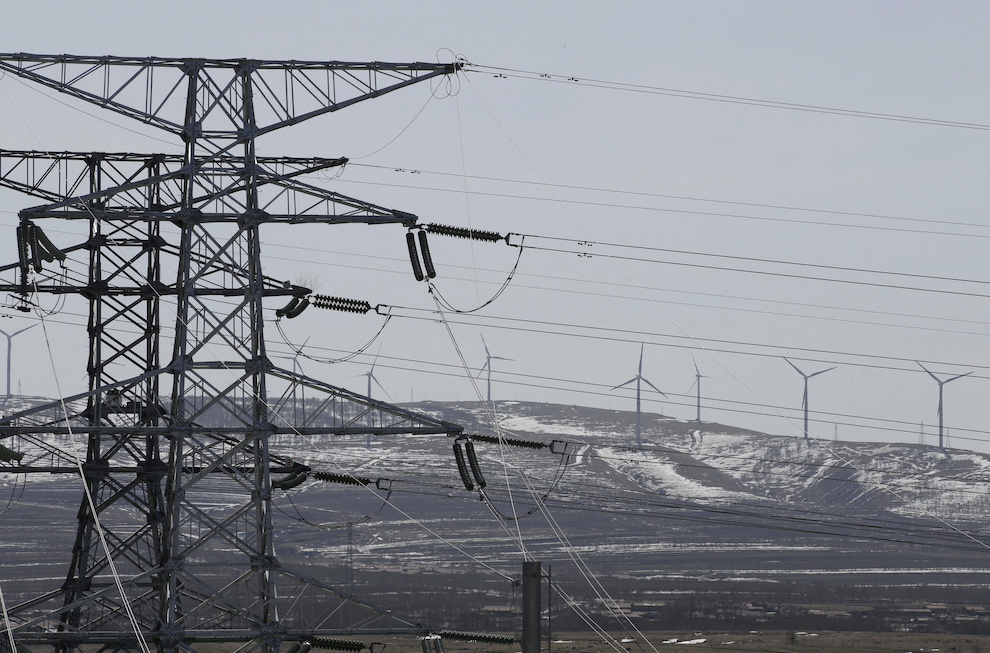China has announced plans to boost its aggregate computing power by more than 50% in the next two years, as the country races to take the lead in the global artificial intelligence (AI) race.
As AI training requires a large amount of computation, the effort to expand the supply of computing power is increasingly becoming a focus for Beijing.
The plan also comes amid rising competition between China and the US in many high-tech areas ranging from semiconductors and supercomputers to AI, including US export controls on chipmaking equipment.
Also on AF: China’s New Nuclear Submarines Seen as Tougher to Detect
Beijing is targeting a total computing power for the country of 300 EFLOPS by 2025, according to plans released by six departments in Beijing including the Ministry of Industry and Information Technology (MIIT).
EFLOPS, equal to one quintillion floating-point operations per second, measures a computer’s speed. The MIIT revealed in August that China’s computing power has reached 197 EFLOPS this year, up from 180 EFLOPS in 2022.
The ministry said at the time it ranked China as second behind the United States, but did not elaborate on the scale of the US computing power it referenced.
According to a blog post by Google last month, the world’s top-tier generative AI models “will require tens of EFLOPs of AI supercomputing to maintain training times of several weeks or less”.
In order to meet the demands of the rapidly developing AI industry, Beijing also plans to improve computational infrastructure in western China.
View this post on Instagram
MIIT’s plan sets out plans to build more data centres across the country to facilitate businesses’ access to computing power.
Expansive but less populated provinces in China such as southwestern Guizhou have long been tasked to establish massive data centres to power the country’s internet. For example, Apple has set up data centres in Guizhou with a local partner to serve its users in the country.
The ministry also aims to focus on improving the speed and efficiency of the computation network.
The announced plan said that transmission speeds between critical computing facilities must not allow a latency of more than 5 milliseconds.
- Reuters, with additional editing by Vishakha Saxena
Also read:
China Exploiting Open Source RISC-V Chip Tech, Warn Senators
US Set to Close Loopholes in Curbs on Chips Tools For China
China Offering Millions to Foreign-Trained Chip, Tech Talents
China ‘Strongly Dissatisfied’ at US Ban on Tech Investment
China’s AI Startups Facing a Shakeout as Costs Surge























